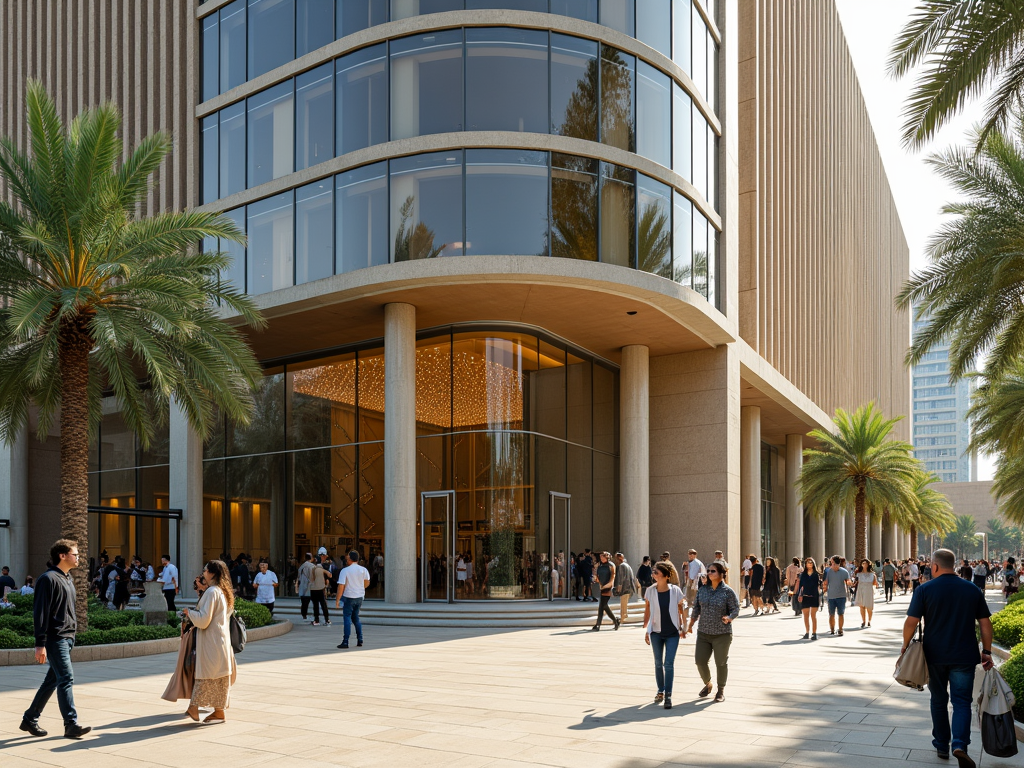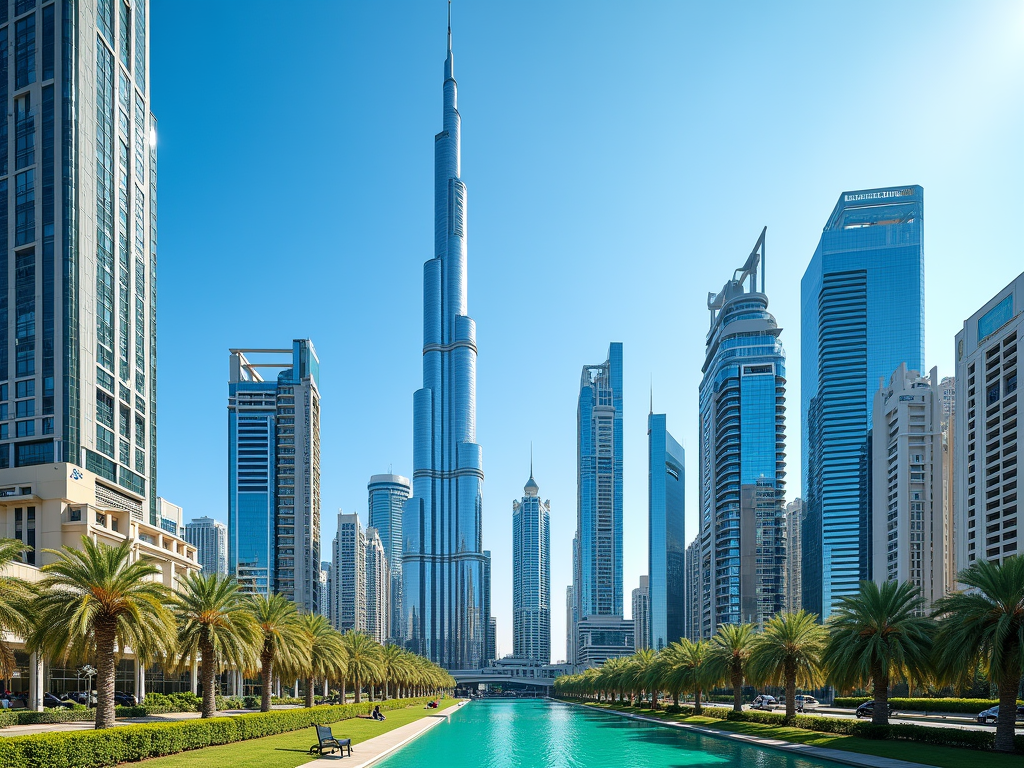Dubai has emerged as a quintessential global financial hub, transforming its economy from one based on oil to one driven by finance, trade, tourism, and technology. This transformation has positioned Dubai at the forefront of international finance, attracting businesses, investors, and expatriates from around the world. The city’s strategic location, modern infrastructure, and business-friendly policies make it a magnet for financial services. With a strong regulatory framework and a robust banking sector, Dubai is not just a local powerhouse but a global player in the financial landscape. In this article, we will delve into the factors contributing to Dubai’s rise as a financial leader, its key financial institutions, and the city’s future prospects in the global finance sector.
Factors Contributing to Dubai’s Financial Success

Several factors contribute to Dubai’s success as a global financial hub. These include its strategic geographic location, tax advantages, government policies, and advanced infrastructure. Let’s explore these factors in detail:
- Strategic Geographic Location: Situated at the crossroads of Europe, Asia, and Africa, Dubai offers unparalleled access to the emerging markets in these regions.
- Tax Advantages: With no personal income tax and relatively low corporate taxes, Dubai provides an attractive environment for businesses, encouraging foreign investment.
- Government Initiatives: The UAE government has implemented various policies and incentives aimed at promoting economic diversification and attracting foreign talent.
- Advanced Infrastructure: Dubai boasts world-class infrastructure facilities, including an international airport and a sophisticated transportation system that facilitates business operations.
- Cultural Diversity: A melting pot of cultures, Dubai’s diverse expatriate population contributes to a vibrant business ecosystem that fosters innovation and collaboration.
Key Financial Institutions in Dubai

Dubai is home to numerous financial institutions that play a pivotal role in its economy. The Dubai Financial Market (DFM), established in 2000, is a significant player in the region. The DFM operates as a platform for trading securities and provides a transparent and efficient trading environment. Other key institutions include:
- Dubai International Financial Centre (DIFC): A free zone that offers a legal and regulatory framework for international financial services.
- Emirates NBD: One of the largest banking groups in the Middle East, it offers a wide array of financial products and services.
- Dubai Investments: A public joint-stock company that invests in various sectors, including manufacturing and real estate.
- Abu Dhabi Commercial Bank: A significant player in the banking and financial services sector in the UAE.
As a dynamic financial hub, Dubai is witnessing several emerging trends that could shape its future. Digital transformation is at the forefront, with the rapid integration of fintech solutions in banking and finance. The adoption of blockchain technology is also gaining traction, enhancing security and transparency in financial transactions. Islamic finance is another area of growth, with Dubai positioned as a global leader in Sharia-compliant financial products. Furthermore, Dubai is increasingly focusing on sustainable finance, aligning investments with environmental, social, and governance (ESG) criteria. These trends not only reflect Dubai’s adaptability but also highlight its ambition to remain a competitive financial center globally.
Future Prospects for Dubai’s Financial Hub Status
The future of Dubai as a global financial hub appears promising, with continuous investments in infrastructure and innovative financial solutions. The city’s ongoing commitment to diversification and economic resilience positions it well to weather global financial uncertainties. Initiatives like Expo 2020 and the upcoming Dubai World Expo are expected to attract significant foreign investment and tourism, further solidifying its financial landscape. Additionally, Dubai’s strategic partnerships with global financial markets will enhance its international standing. As the world evolves, so does Dubai, with its focus on technological advancements and sustainable practices ensuring it remains a desirable destination for financial activities.
Conclusion
In conclusion, Dubai’s role as a global financial hub is underscored by its strategic geographic location, economic diversity, and conducive business environment. The city continues to adapt and innovate, proving itself to be a leader in the financial sector. As it embraces emerging trends and focuses on sustainability, Dubai is poised to retain its status as a key player in the global financial arena for years to come.
Frequently Asked Questions
1. Why is Dubai considered a global financial hub?
Dubai is considered a global financial hub due to its strategic location, tax advantages, diverse economy, and strong financial institutions that attract international investment.
2. What role does the Dubai International Financial Centre (DIFC) play?
The DIFC serves as a specialized free zone that provides a robust regulatory framework and infrastructure for financial services, enabling international businesses to operate in Dubai.
3. How does Dubai’s infrastructure contribute to its financial success?
Dubai’s world-class infrastructure, including an advanced transportation system and state-of-the-art communication networks, facilitates business operations and enhances connectivity with global markets.
4. What are the emerging trends in Dubai’s financial sector?
Emerging trends in Dubai’s financial sector include digital transformation, fintech integration, Islamic finance, and a growing emphasis on sustainable finance practices.
5. What is the future of Dubai as a financial hub?
The future of Dubai as a financial hub looks bright, with ongoing investments, a focus on diversification, and initiatives aimed at attracting foreign investment, ensuring its competitiveness in the global market.
